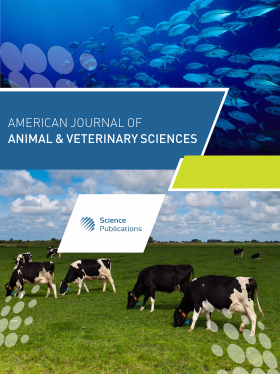Assessment of Current Musher Practices across the Sled Dog Industry with an Emphasis on Nutritional Programs Implemented
- 1 University of Guelph, Canada
Abstract
A questionnaire was developed and advertised broadly to the sled dog community to assess current habits and practices in the mushing industry to help guide future research in sporting dogs. The questionnaire covered nutritional programs, housing, training and health and well-being. Sled dog nutrition management is a controversial topic and while there is a dearth of available information on the nutrient requirements of these canine athletes, without adequate data based evidence, nutrition management decisions cannot always be scientifically based. Therefore, this report focused on evaluating nutrition programs used among mushers and differences in feeding management between racing- and off-seasons. Food type provided differed among mushers (P = 0.01), with combination diets accounting for 62% of responses. The source of homemade diet recipes differed (P<0.0001), with 50% of mushers sourcing their recipes from experienced mushers in contrast to animal nutritionists, 16%; veterinarians, 6%; or journals, 3%. When asked what nutrient(s) respondents felt were important to focus their nutritional programs on, more than 85% of respondents felt that protein and fat were important nutrients, and less than 40% believed fiber or carbohydrates to be essential dietary components. Raw meat and oils were the two most commonly supplemented products, and 50% of respondents report supplementing antioxidants. A majority of respondents provided the same amount of feed and water during racing and off-seasons, even though dogs’ nutrient demands and rate of water-turnover increase when increasing athletic activity. This data indicates that nutrition programs are largely tailored towards high protein and fat diet formulations, with little attention to the risks of raw meat supplementation, the appropriate balance of nutrients and structuring nutritional programs to meet seasonal requirements. These results suggest that scientific investigation into the dietary fiber, better balanced proteins and better feeding management are warranted.
DOI: https://doi.org/10.3844/ajavsp.2018.16.26

- 8,182 Views
- 5,753 Downloads
- 0 Citations
Download
Keywords
- Musher
- Nutrition
- Sled Dog
- Questionnaire
